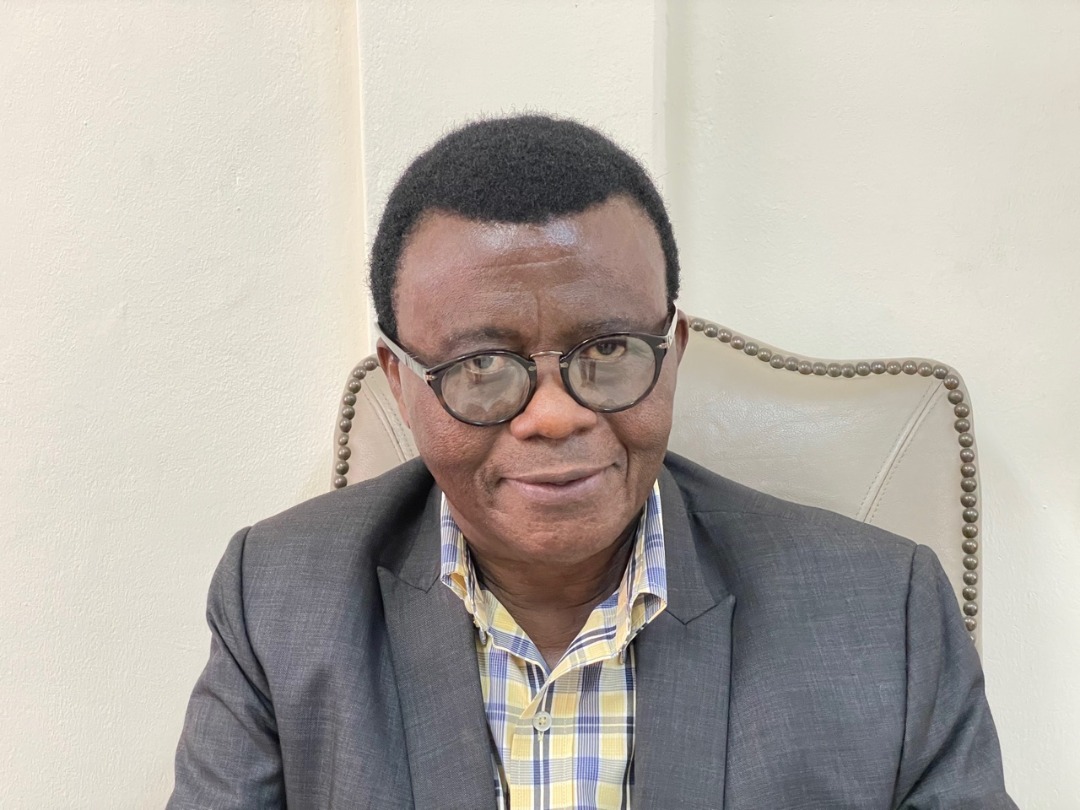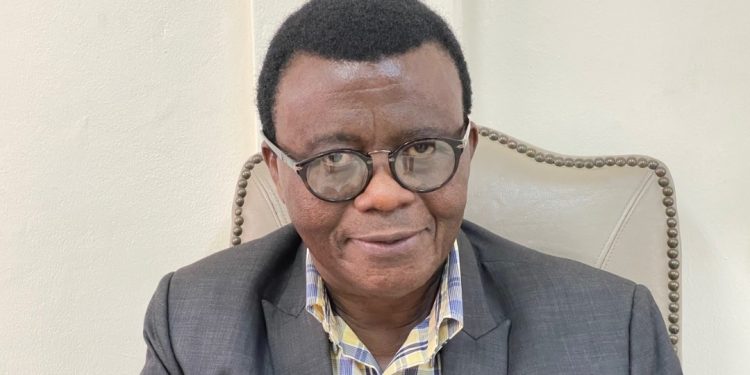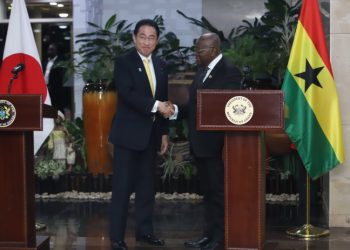
The ongoing attempt to effect an unprecedented removal from office of a Chief Justice in the 32-year-old Fourth Republic has become a ponderous national issue. The constitutional process for the removal was triggered by citizens’ petitions alleging misconduct and abuses by the head of the Judiciary. As required, the President passed on the petitions to the Council of State, which established a prima facie. Subsequently, President John Mahama suspended the Chief Justice, appointed a temporary replacement, and constituted a five-member board to review the allegations and recommend the next line of action.
As the nation awaited the review outcome, either to exonerate or convict and remove Chief Justice Gertrude Torkornoo from office, the president announced the nomination of seven additional justices to the Supreme Court. Coming at the heels of nerve-wracking uncertainties, this latest action added more than a fillip to the already raging controversy over whether the judiciary is being overly politicised and, more importantly, losing its independence as envisaged in democratic governance.
Not surprisingly, citizens, both individuals and groups across the spectrum, are locked in debating the merits of suspending and possibly removing the Chief Justice. The two dominant parties, the NDC and NPP, have taken sides, the former hankering for the removal, and the latter vehemently opposing and filing court injunctions to derail the ongoing process. The NPP even staged demonstrations, accusing the president of a “judicial coup.”
The Trade Union Congress, at the recent May Day celebration, cautioned the President against hastily disposing of the CJ, warning against a “consequential impact on the country’s democracy.” The Ghana Bar Association, on its part, even called for the reinstatement of the suspended CJ, an equally controversial call that seems to tear the Bar apart.
Clearly, we are in a quandary and, regardless of the final outcome of the board review, the Judiciary, the third arm of government, can hardly emerge unscathed in this skirmish. Its independence and integrity are bruised. So are its reputation and credibility. Thus marred and upended, these essential values advancing the judiciary’s role as the ultimate arbiter in democratic governance will be suspected for a long time.
The alleged breaches and “betrayal” of office by CJ Turkornoo could be serious matters. But it would be imprudent to simply personalise and hurriedly get rid of her. The problem is much bigger than the individual and has far-reaching consequences. It goes to the foundational democratic principle of checks and balances, which is built on the notions of separation of powers and independence of the three key arms of government. The problem, therefore, is not whether to condone a chief justice or court that goes rogue, but how and by what means the mischief is cured without damaging the sanctity of the principle and notions.
Removing a chief justice in a democracy is always a sensitive matter. For Ghana in particular, such action evokes the era of dictatorship when President Kwame Nkrumah sacked the chief justice and two other justices in December 1963. The judges had ruled against his government in a treason trial of three of his own party stalwarts. That was then. Today in a democratic era, responding to such challenge ought to be different.
The extreme sensitivity is why, historically, presidents have behaved skittishly when confronting the dilemma of a recalcitrant court. For instance, facing a hostile court that blocked his every effort to liberalise and restructure the American society in the 1930s, aghast Franklin Roosevelt berated the justices but only proceeded to initiate reforms. In Ghana’s second republic, Prime Minister Kofi Busia decided to defy the court ruling in the case of Sallah vs. the Republic. On his part, President Kufuor in March 2002 resorted to adding another justice to the court to tilt the majority view in his government’s favour in the judicial review of the case of Tsatu Tsikata vs. the State. Though questionable, the paths chosen by both Busia and Kufuor were preferable to removing disagreeable or dislikeable judges from office.
In the present case, President Mahama chose to do what the Constitution requires of him and cannot be faulted. However, he has unwittingly followed his predecessor’s unprecedented act of removing the Electoral Commission Chair, Charlotte Ose,i in 2018. Should Gertrude Torkonoo’s ouster come to pass, it could introduce a trend where a president, based on petitions against dislikeable heads of independent democratic institutions, would trigger their removal.
The 1992 Constitution condones this vulnerability of and potential volatility in governance institutions by vesting in the Executive the power to appoint and remove the heads. Given the unbridled rivalry and contentious duopolistic zero-sum party democracy of ours, presidents can hardly resist prioritizing politics and taking advantage in exercising this power. It would be tragic for the judiciary to fall victim to any such parochial political machinations, which jeopardizes the administration of justice.
We must urgently stop this emerging cycle of incoming governments pledging and, indeed, proceeding to replace the heads of governance institutions, as both the NPP and NDC have done. Such pronouncements become self-fulfilling prophecies, even when decisions to remove could be legitimate. A sustainable cure is to take the Executive out of the affairs of the institutions. Equally urgent to curtail is the ease with which citizens trigger presidential action on matters as ponderous as the removal of heads of these institutions. For example, petitions should be given weight by requiring a specified number of signatures of other citizens to indicate widespread support.
Going forward, we should rethink how best to protect the independent governance institutions from political aggrandizement. Worth considering is the Kenyan model where the Judicial Council, through well-defined processes, recruits, appoints and removes justices of the superior court. The model takes politics out, promotes meritocracy, and fortifies institutional independence.
Thankfully, President Mahama’s Constitutional Review Committee, currently at work, will not miss this opportunity to recast the relationship between the Executive and independent governance institutions.
*******
Prof Baffour Agyeman-Duah is a former United Nations Senior Governance Advisor
DISCLAIMER: The Views, Comments, Opinions, Contributions and Statements made by Readers and Contributors on this platform do not necessarily represent the views or policy of Multimedia Group Limited.
DISCLAIMER: The Views, Comments, Opinions, Contributions and Statements made by Readers and Contributors on this platform do not necessarily represent the views or policy of Multimedia Group Limited.
- President Commissions 36.5 Million Dollars Hospital In The Tain District
- You Will Not Go Free For Killing An Hard Working MP – Akufo-Addo To MP’s Killer
- I Will Lead You To Victory – Ato Forson Assures NDC Supporters
Visit Our Social Media for More



